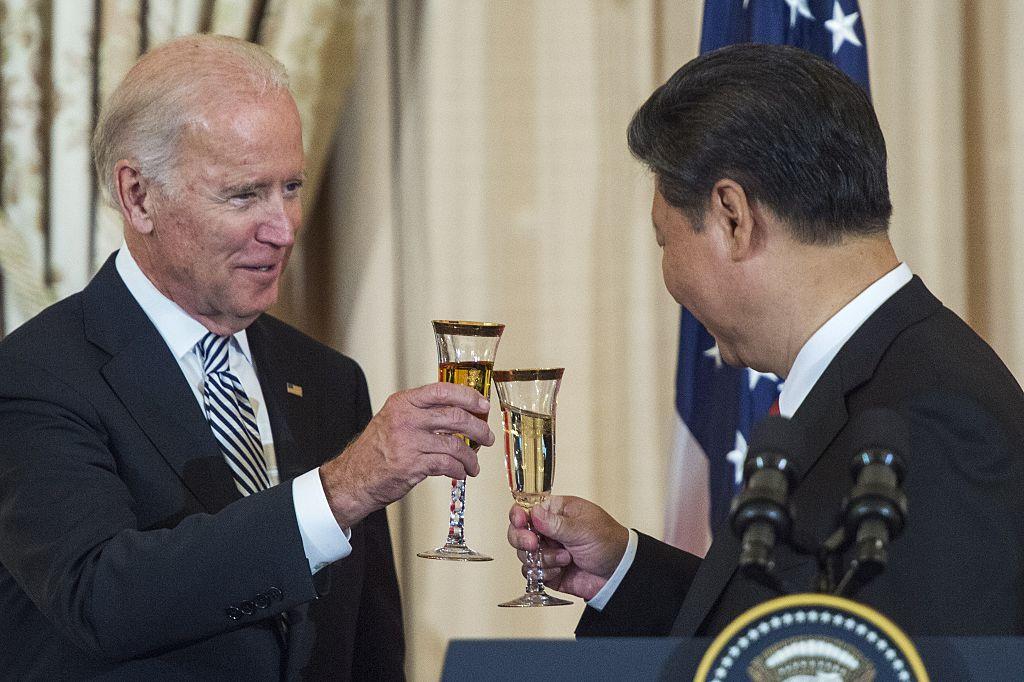Commentary
Shortly before the U.S. presidential election that Joe Biden won, the New York Post published a bombshell story based on emails from Biden’s son, Hunter, that indicated corruption by his father.

Shortly before the U.S. presidential election that Joe Biden won, the New York Post published a bombshell story based on emails from Biden’s son, Hunter, that indicated corruption by his father.